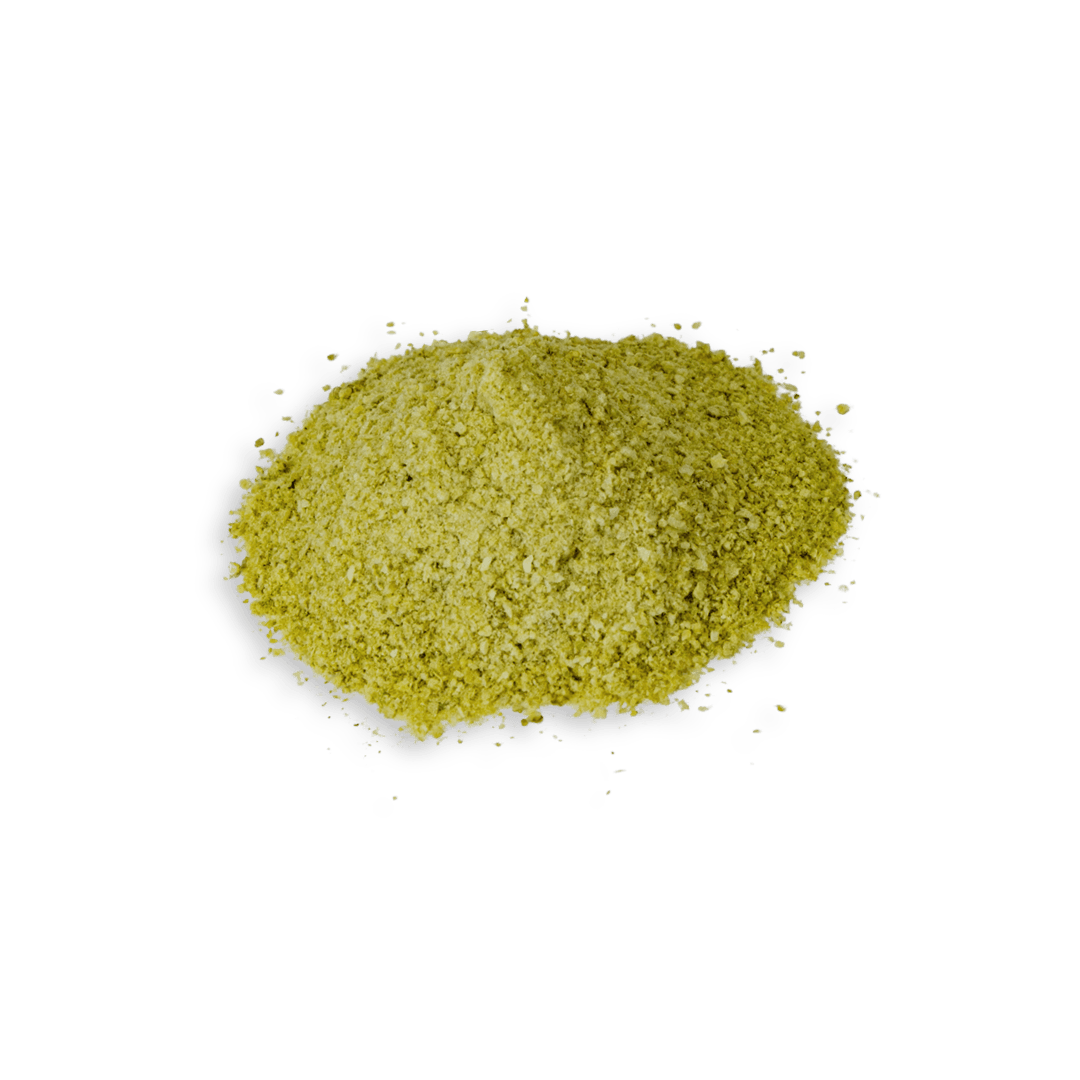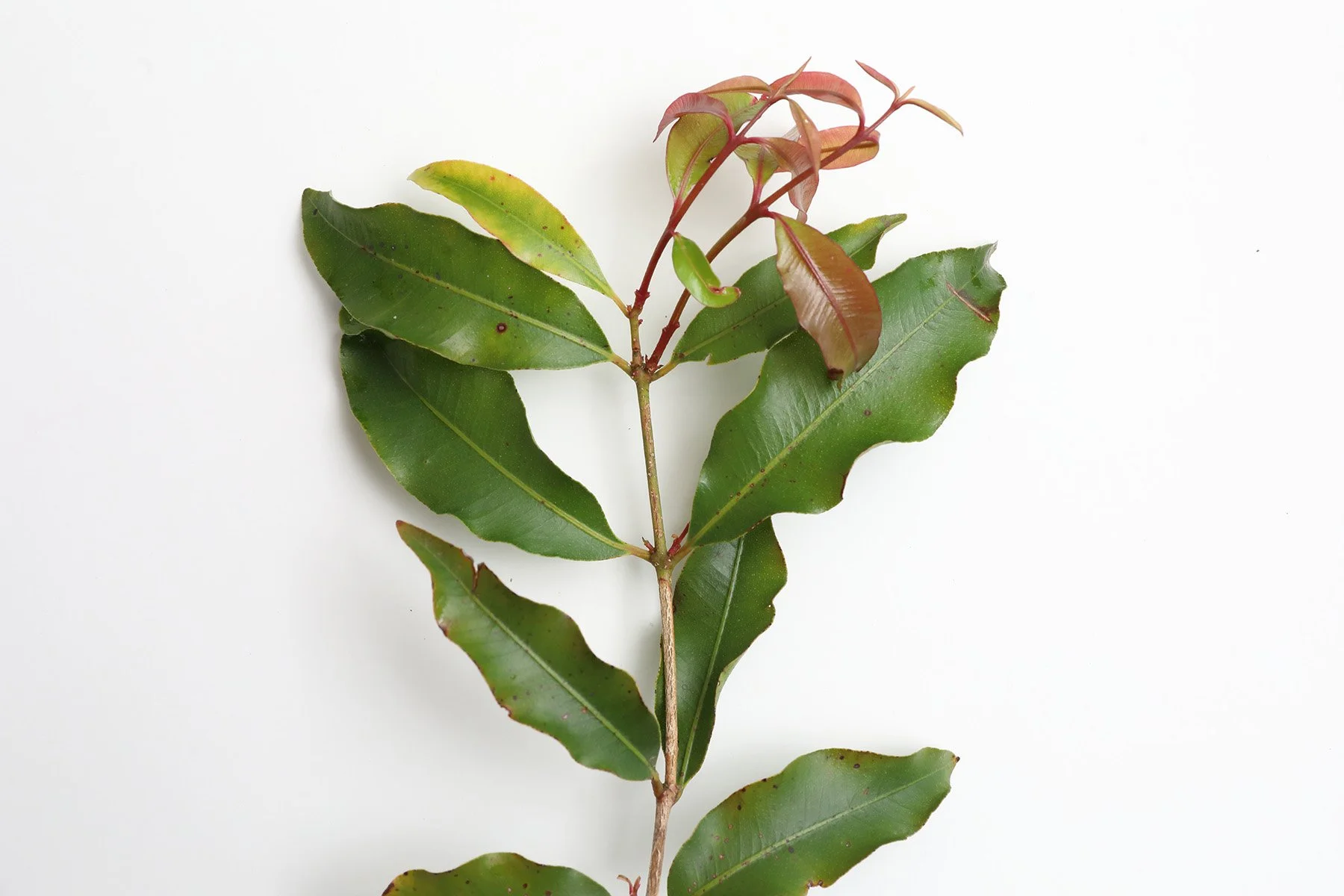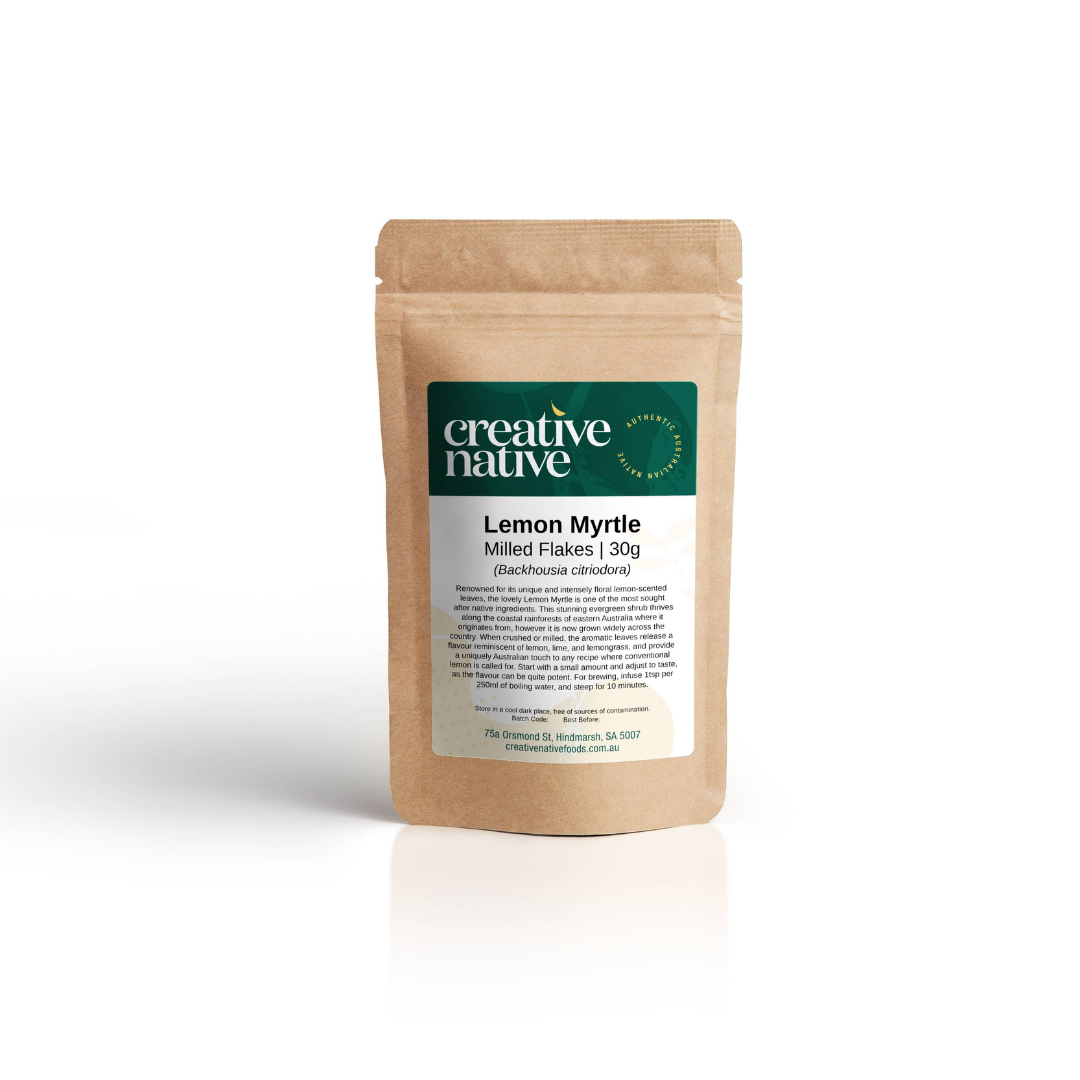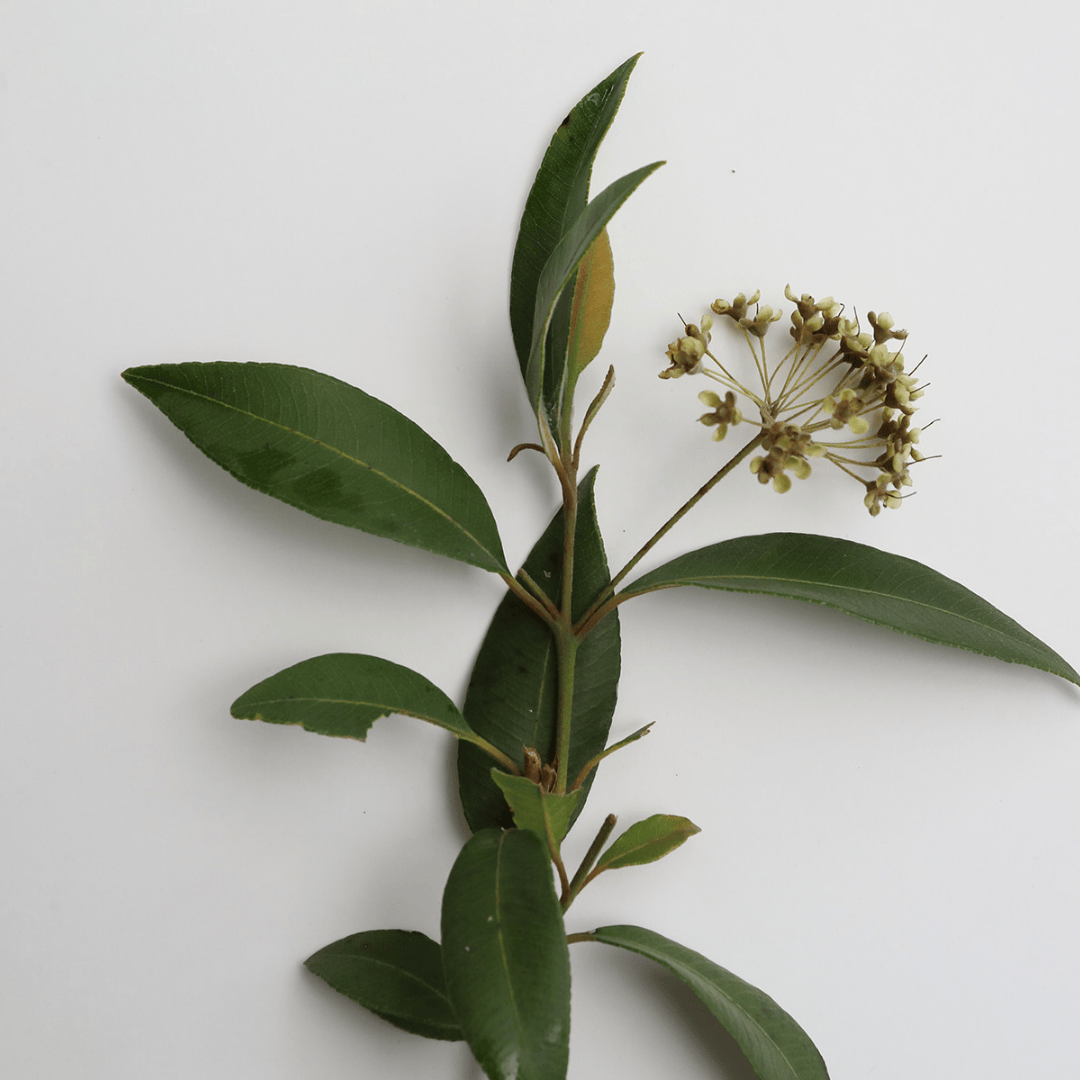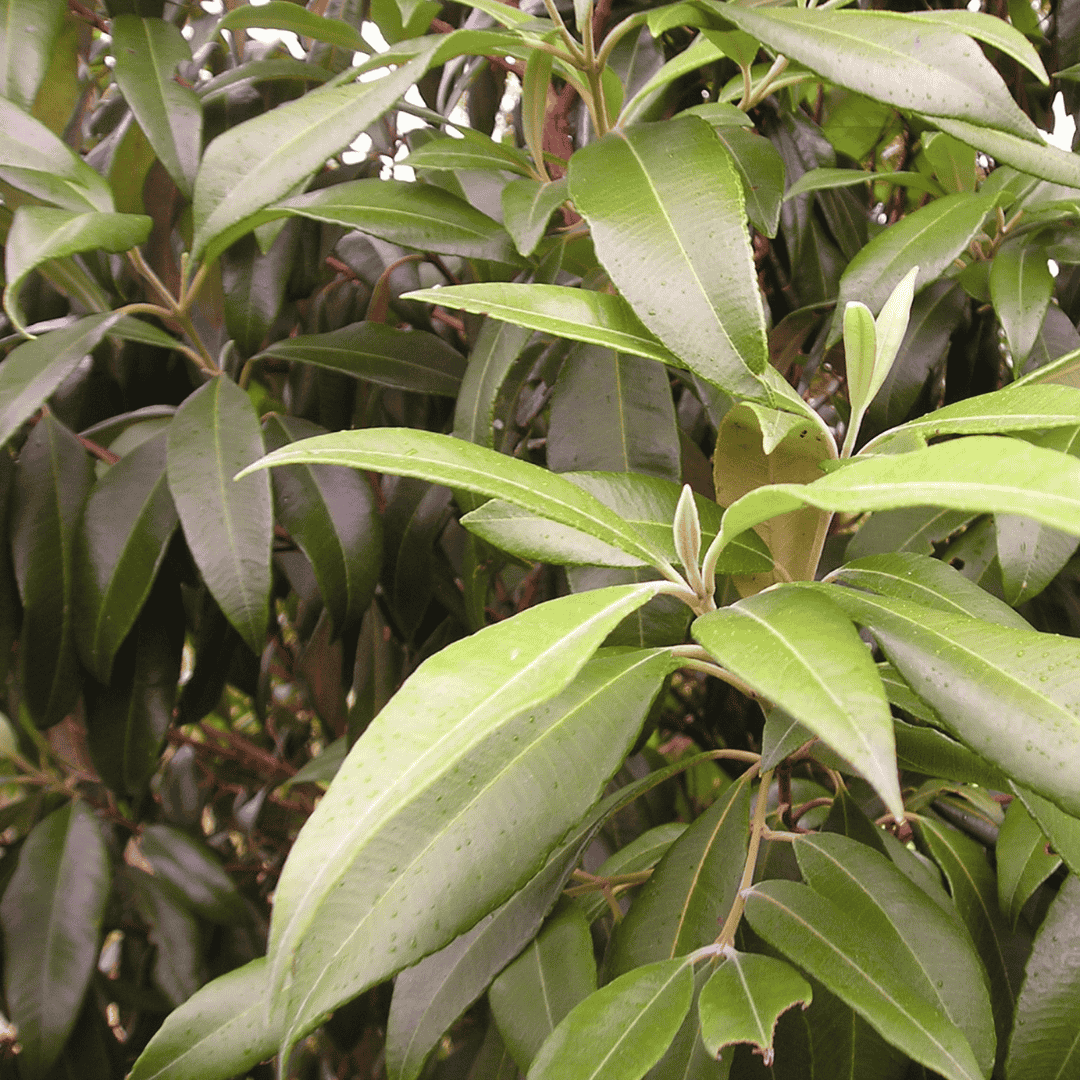-
Native Basil Tea: Steep fresh or dried Native Basil leaves in hot water for a soothing and aromatic herbal tea. Try adding some lemon for a refreshing citrus burst.
Native Basil Pesto: Blend fresh Native Basil leaves with garlic, pine nuts, Parmesan cheese, and olive oil for a flavourful pesto sauce.
Native Basil Fried Rice: Stir-fry cooked rice with vegetables, protein, and chopped Native Basil leaves for a fragrant and tasty dish.
Native Basil Chicken Stir-Fry: Cook sliced chicken with Native Basil leaves, garlic, chilli, and soy sauce for a quick and delicious meal.
Native Basil Tomato Sauce: Add chopped Native Basil leaves to homemade or store-bought tomato sauce for a fresh and aromatic flavour.
Native Basil Soup: Enhance vegetable or chicken soups with a handful of Native Basil leaves for a unique twist.
Native Basil Vinaigrette: Whisk together olive oil, vinegar, Dijon mustard, honey, and chopped Native Basil leaves for a tasty salad dressing.
Native Basil Marinade: Combine Native Basil leaves with olive oil, garlic, lemon juice, and spices to marinate chicken, fish, or tofu before grilling or baking.
Native Basil Infused Oil: Infuse olive oil with Native Basil leaves and garlic for a flavourful oil to drizzle over salads, vegetables, or bread
-
Native Basil should be used sparingly, as its flavour can be quite potent. Start with a small amount and adjust to taste.
Store in an airtight container, in a cool dark place.
-
Adaptogenic Properties: Native Basil is considered an adaptogen, which means it may help the body adapt to stress and promote overall balance and well-being. It is believed to have a calming effect on the nervous system and may help in reducing stress and anxiety.
Antioxidant Properties: Native Basil contains compounds like flavonoids, polyphenols, and other antioxidants that help in neutralizing free radicals in the body. These antioxidants protect cells from damage caused by oxidative stress and may reduce the risk of chronic diseases.
Anti-inflammatory Effects: The phytochemicals present in Native Basil possess anti-inflammatory properties, which may help in reducing inflammation in the body. Chronic inflammation is linked to various health conditions like heart disease, arthritis, and certain types of cancer.
Immune System Support: Native Basil is known to have immunomodulatory effects, meaning it may help regulate the immune system. It can enhance the body's defence mechanisms against infections and illnesses.
Antimicrobial Properties: Several studies suggest that Native Basil has antimicrobial properties and may help in fighting against various pathogens, including bacteria, viruses, and fungi. It has been traditionally used to treat respiratory infections, skin diseases, and other microbial conditions.
Cardiovascular Health: Some research indicates that Native Basil may have beneficial effects on heart health by reducing cholesterol levels, improving blood flow, and regulating blood pressure. These effects may lower the risk of heart disease and stroke.
Diabetes Management: Native Basil may help in managing blood sugar levels in individuals with diabetes. Studies suggest that it can improve insulin sensitivity and reduce blood glucose levels, although more research is needed in this area.
Liver Protection: Native Basil is believed to have hepatoprotective properties, meaning it may help protect the liver from damage caused by toxins and other harmful substances. It can support liver function and promote detoxification processes in the body.






